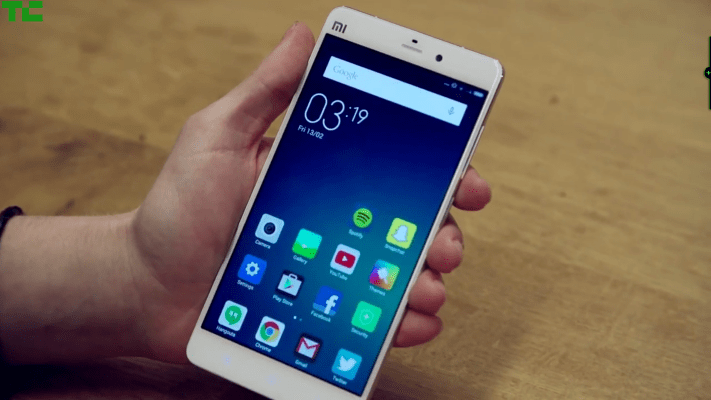Chinese smartphone giant Xiaomi has shelved a plan to sell shares in China in conjunction with its imminent Hong Kong IPO. The company will instead go public in Hong Kong first and consider the potential for a Chinese offering at a later date.
The change in strategy was confirmed in a message posted to Xiaomi’s Weibo account without specific explanation. Reuters reported that the move was down to a dispute over valuation. Xiaomi declined to comment further when asked by TechCrunch.
The news is a blow to China, which is reportedly scouting out promising tech companies with a viewing to issuing China depositary receipts (CDRs) on Chinese stock exchanges. Recent laws paved the way to allow CDRs, which is tipped to create a trillion-dollar wealth-generation opportunity. Certainly, snagging Xiaomi would have given the initiative a flying start, but other companies including Baidu are said to be the subject of aggressive courtship so big names will likely gather sooner rather than later.
Xiaomi’s IPO is set to happen this month and it is poised to raise as much as $10 billion, potentially, and at a valuation that could reach as high as $100 million. There have, however, been suggestions that the top number won’t be reached. Still, the listing is shaping up to be the world’s largest since Alibaba’s record-breaking IPO in New York in 2014.
In filing for CDRs, Xiaomi gave away a little more financial information ahead of its public market debut. Chiefly, it revealed that it made a big $1.1 billion loss for Q1 but that was mainly down to one-off charges. The company actually posted a 1.038 billion RMB ($162 million) profit for the quarter when those items are excluded, and that included impressive revenue growth to give encouragement to investors.
Still, it’s hard not to feel a little disappointed by the company’s recent Mi 8 flagship device, which bears more than a passing resemblance to Apple’s iPhone X. Yes, Xiaomi is known to aggressively ‘borrow’ for others in the mobile space — as do many in the industry — but the fact that the phone was celebrating its eighth anniversary and that it has made independent design strides in recent times raised expectations that the company didn’t deliver on. This is, after all, a company that’s shooting for a $100 billion valuation.
